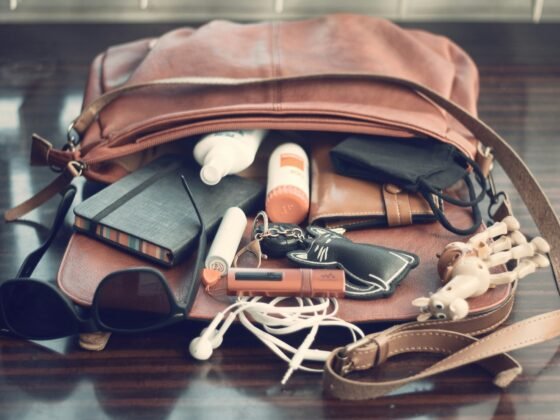Road trips are one of life’s little pleasures. You’re in complete control of your vacation destinations with as many snacks and tunes as you want. You can also save a lot compared to other forms of travel. If you are traveling to Kuala Lumpur, then you can easily rent a car within a few steps. Online booking is now very easy and simple. But you need to be careful and follow the right steps to book your ideal car in Kuala Lumpur.
But don’t forget that travel by car can actually be a pretty dangerous way to travel—more people are hurt or killed in car accidentsthan any other form of transportation, after all. Rosengard Law Group attorneys can give you great ideas on what you should do after a car accident occurs.
You can significantly reduce your risk of getting in a car accident and increase the fun by taking a few essential safety precautions on your next trip.
1. Drive Defensively
Defensive driving is the best policy anytime you’re on the road, and since your road trip will be longer than your usual commute, it’s even more important to enact this policy. A defensive driver is keenly aware of others on the roadway.
Instead of aggressively swerving in and out of traffic, trying to be the dominant car on the road, they keep their distance, react quickly to brake lights, always stay focused on the road, and observe the speed limit. A defensive driver is significantly less likely to get in a car accident.
2. Assign a Designated Phone User
Distracted driving is currently the leading cause of accidents on the roadway, particularly for those under the age of 25. Cell phone use is the predominant culprit.
The National Highway Traffic Safety Administration (NHTSA) reports that more than 3,100 people were killed in 2017 due to distracted driving.
“Texting is the most alarming distraction,” the NHTSA report says. “Sending or reading a text takes your eyes off the road for 5 seconds. At 55 mph, that’s like driving the length of an entire football field with your eyes closed.”
Have a passenger oversee all phone use so that you can keep your hands on the wheel. If you’re driving alone, use voice activation if you need to use your phone or pull over.
3. Sleep Well Beforehand
The National Sleep Foundation (NSF) reports that more than 60 percent of U.S. adults drive when drowsy and a third have fallen asleep at the wheel. NSF research shows that when you’ve been awake for 18 hours straight, it’s like you have a blood alcohol level of .05, .03 less than what’s considered drunk.
The NSF argues that drowsy driving can sometimes be more dangerous than drunk driving: “A drunk driver can often drive slowly and try to react, but a drowsy driver can nod off while still going fast. So, drowsy drivers don’t always brake or swerve if something happens in front of them.”
Be responsible and get enough sleep before your road trip. Instead of powering through the night, stop at a truck stop or motel to rest before continuing.
4. Add an Emergency Kit
If you haven’t already, add an emergency kit to your vehicle’s trunk. You never know when you might break down or get in a car accident, and having certain items on hand could one day save your life.
According to the National Safety Council, a good emergency kit will include, but not be limited to, the following items:
-
First-aid kit with updated manual
-
Flashlight with extra batteries
-
Reflective triangles
-
Compass
-
Jumper cables
-
Spare tires
-
Tire changing kit (jack, properly inflated spare tire, tire iron, etc.)
-
Drinking water
-
Nonperishable foods
-
Emergency blanket
-
Duct tape
-
Fire extinguisher
-
Small shovel
5. Sit Up Straight
You probably don’t even realize that your setting yourself up for back, neck, and shoulder pain simply by spending too much time in the car.
“People often sit too far away from the steering wheel and pedals,” Ben Collins, a former NASCAR and stunt driver and author of How to Drive told Parents.com. “Your legs should be bent so you can exert strong pressure on the brake pedal, and your elbows need to be slightly bent so that you can use all your strength to turn the wheel if necessary.”
The back pain industry is worth $100 billion a year. If you want to avoid overspending in this category, a few simple changes to your posture while you drive can help dramatically!
6. Maintain Your Vehicle
You should never hit the road for a long trip without making sure your vehicle can make it from point A to point B. Depending on your destination, there could be long stretches where there are no mechanic shops or even gas stations for miles at a time. Being stranded in one of these areas can be very dangerous.
Take your vehicle in for a 50-point inspection before heading out. It may set you back $50, but it will be well worth the peace of mind knowing that your vehicle will carry you to your destination safely.












